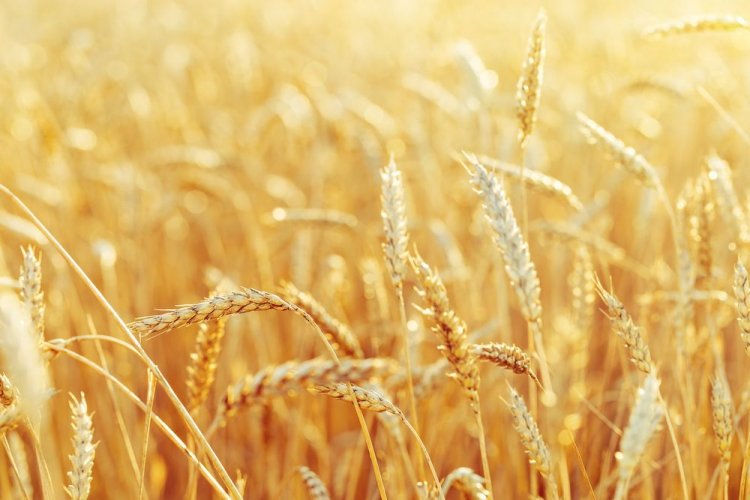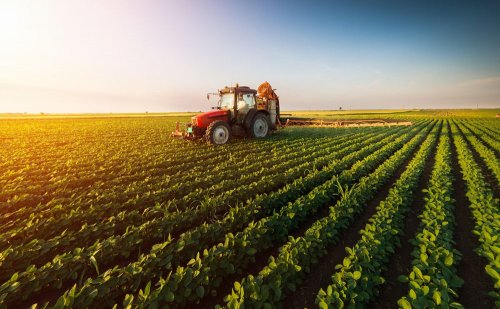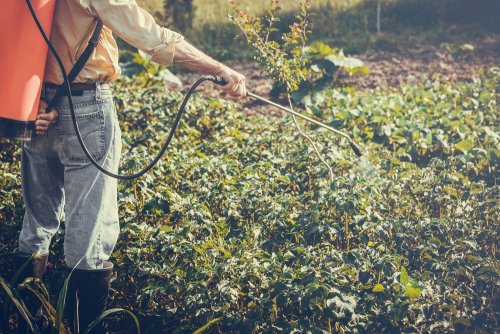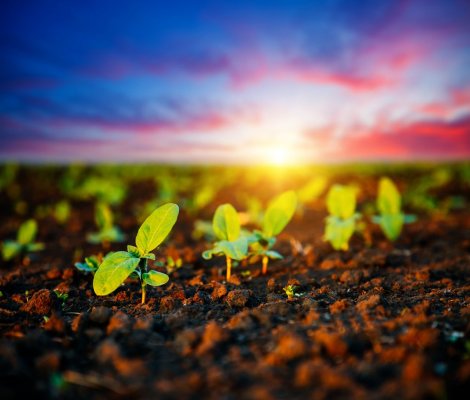125 farmers in Kherson and Mykolaiv regions, who suffered the most from the Russians' damming of the Kakhovka hydroelectric power plant, will receive 5,120 kg of sorbent free of charge, which will reduce water use by 40%.
This method of water conservation will be used in Ukraine for the first time, the press service of the Ministry of Agrarian Policy and Food reports.
It is noted that the sorbent is an organic hydrogen product made from fruit peels. It is applied to the soil during sowing. After precipitation, the sorbent absorbs water 50-100 times its weight and retains it for 15 days longer. At least one watering or rainfall is enough for the sorbent to start working.
"Thanks to the hydrogel consistency, it retains moisture in the soil, gradually releasing it to the plant," the report says. – In this way, crops experience less stress from dehydration."
The press service emphasized that the sorbent also prevents soil erosion. After 180 days, it begins to decompose and turns into organic fertilizer, which saves up to 20% of fertilizer costs.
It is noted that this sorbent is used by farmers from Japan, India, and arid regions of the United States and EU countries. This solution can increase yields by 10-30%.
The press service added that the results of the sorbent application will be studied by experts from the Institute of Climate-Smart Agriculture of the National Academy of Sciences of Ukraine, as well as by farmers themselves.
The sorbent was donated by donors from Japan and partners of the USAID AGRO project "United Communities".
As EcoPolitic previously reported, a modern eco-farm with solar panels and a biogas plant for processing organic waste will be built in the Vinnytsia community.





